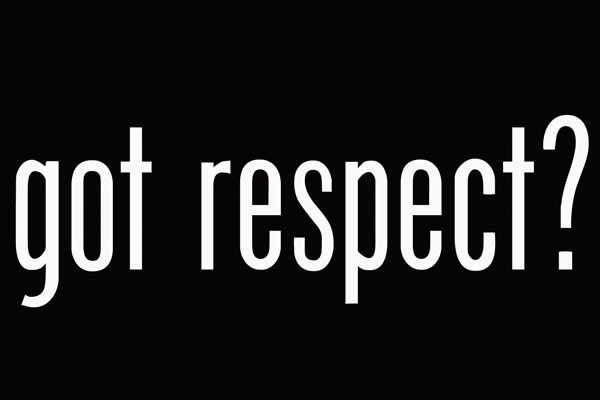Last week, we discussed expecting respect from your child. But it is important to make sure that respect goes both ways.
A recent article in The Seattle Times discussed the ways parents are shaming their children on Internet sites such as Facebook, YouTube and Instagram. There have been articles in Time magazine about this and many responses on the Internet from supporters of humiliation and those against. In fact, one video was watched 40 million times when a parent posted a copy of his daughter crying after having her hair cut as punishment. The humiliation ultimately caused her to commit suicide.
Too many parents are using the Internet to shame their children. Some would call this a form of child abuse. Humiliation isn’t an appropriate kind of punishment. If your child needs to be punished for his or her behavior, that is understandable. To need to make the punishment publicized to the world is a huge mistake.
These images on the Internet don’t disappear in 10 seconds. Actually, this is one of the lessons you should be teaching your child. We all need to learn this lesson. It is so easy to put things on the computer and then you need to learn to live with it. These things are not easily erased and may be there indefinitely.
Humiliating children in any setting doesn’t make you look good as a parent. Certainly in a public setting doing this to your child isn’t just a poor and ineffective method of punishment but it is sure to create problems in the future. When children already are experiencing depression, anxiety or bullying, the results can be fatal. Teens can be unspeakably cruel; these kinds of videos can be the fuel for more mocking, teasing and taunting.
Some parents are speaking out against this trend. One Florida father who is critical says, “Good parenting is about letting your child know you love them.” Shaming and humiliating children under the guise of good parenting says more about the parents than it does about the child and whatever the child did.
It seems that these parents are doing this to say, “See, look at me, I’m punishing my child, therefore I’m a good parent.” Parents and Internet users need to give serious thought about how best to handle this form of child abuse, because humiliating children in public to punish them is absolutely a form of child abuse.
Discipline is important. How it is handled by the parent also is important. To ridicule, humiliate or make fun of your child to others is not discipline; it is pure abuse.
The responsibility to stop this abusive behavior belongs to all of us. Internet sites need to take proactive steps to stop disseminating these kinds of negative messages. Parents certainly need to stop putting these abusive clips onto the Internet even if people watch them. The rest of us should not forward them; forwarding them implies your support.
Child abuse on the Internet is every bit as much of a problem as physical or emotional abuse. Today the fight for the safety and welfare of children isn’t just about protecting them from predators and cyberbullies; it now include parents who are not aware that they must properly discipline with love and respect for their children.
Cynthia Martin is the founder of the First Teacher program and director of Parenting Matters Foundation, which publishes newsletters for parents, caregivers and grandparents. Reach Martin at pmf@olypen.com or at 681-2250.



